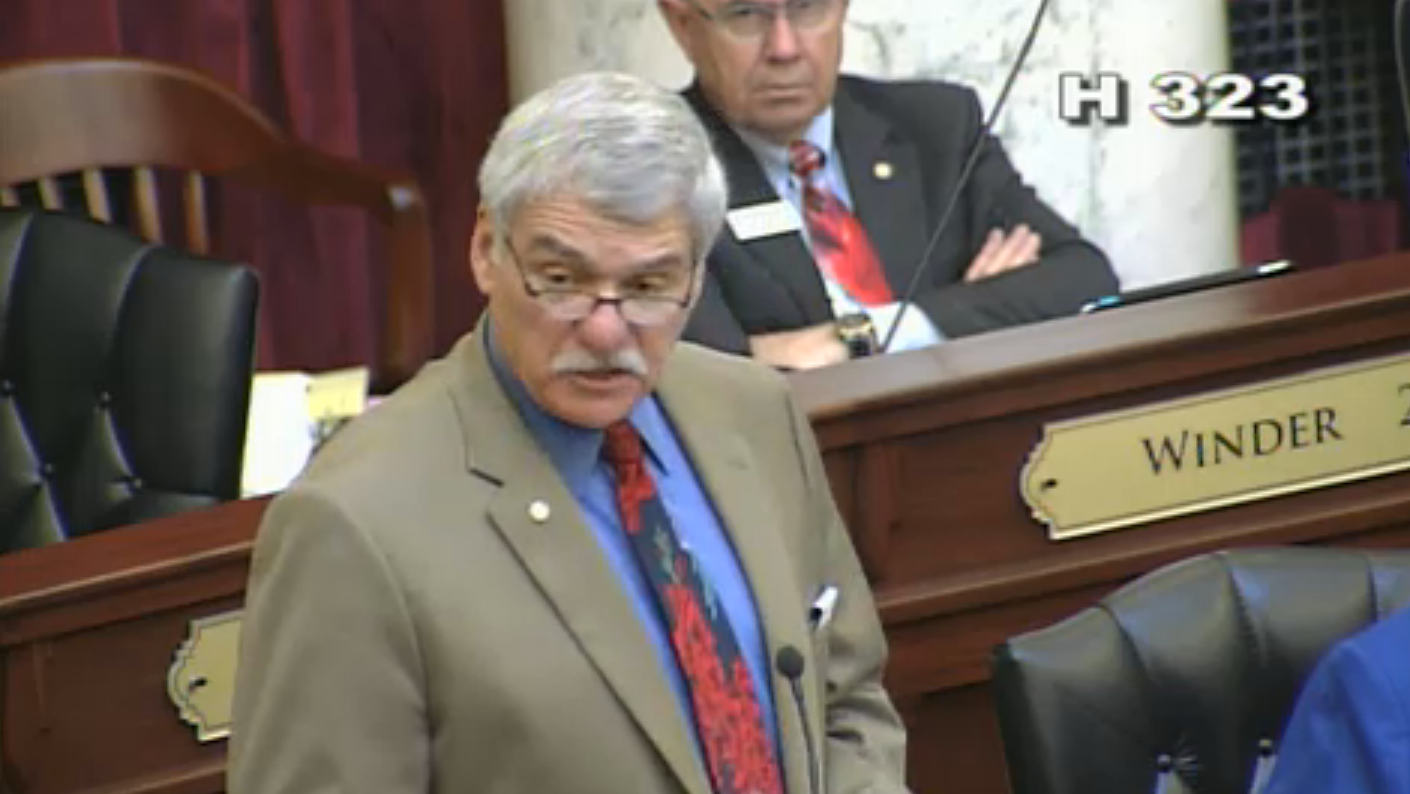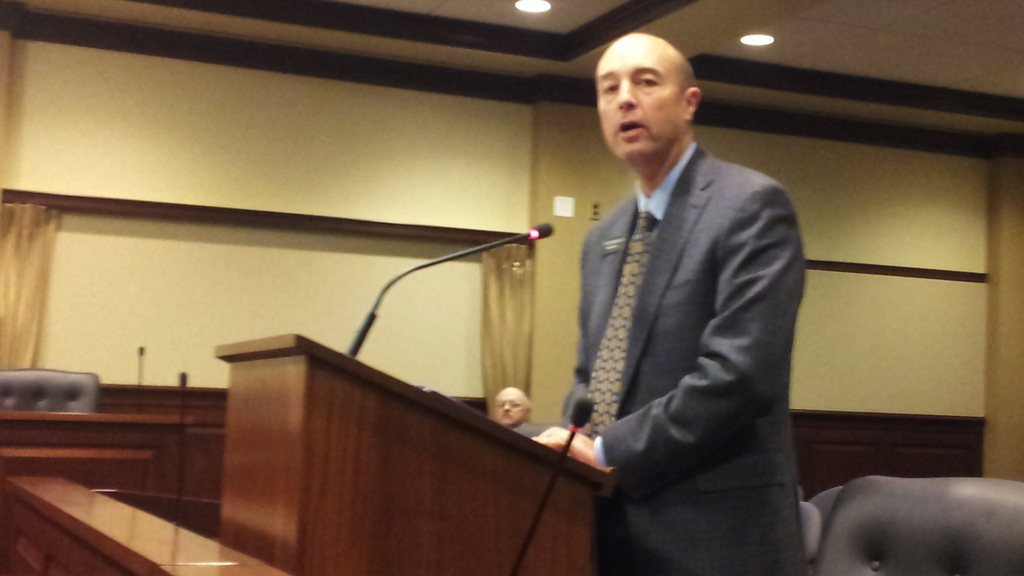A legislative “interim committee” — formed to examine K-12 policies before lawmakers convene for the 2014 session — has set its first meeting.
And the meeting will have a bit of a surprising focus.
The committee will meet Sept. 12 at the Statehouse, an all-day session running from 8:30 a.m. to 4:30 p.m.
The focus, at least for the interim committee’s first session, is longitudinal data collection.
The meeting agenda spells out a heavy diet of panel discussions on data collection. State Education Department officials will provide an overview of the system, the Idaho System for Educational Excellence, or ISEE. Lawmakers will also hear from representatives of school administrators, business officials and school districts — about how ISEE is working and how it might need to be improved.
Also on the agenda: State Board of Education officials will discuss higher education’s longitudinal data system.

The interim committee was given a broad assignment: “to undertake and complete a study of how to improve and strengthen Idaho’s K-12 educational system and all matters relating thereto.” A detailed discussion on data collection would certainly fall under this heading.
It’s a sensitive issue for school districts. Idaho was the last state to adopt a K-12 longitudinal data system, and the transition has not been seamless. While state Education Department officials say ISEE streamlines data collection on their end — the state receives only a dozen reports a year per district, down from 184 — the districts have said the larger, more cumbersome reports pose a burden. Some district officials say they have had to reassign or dedicate staff to the task of collecting data and uploading the detailed monthly reports.
It’s also a budget issue. Legislators approved a $2.5 million budget line item for ISEE-related district IT help in 2012-13, and followed suit for 2013-14.
ISEE “has the opportunity to be a tremendous tool,” says Sen. John Goedde, R-Coeur d’Alene, chairman of the Senate Education Committee, and co-chairman of the interim committee. But Goedde has also heard mixed reviews about the system — and he’s heard recurring concerns about linking from ISEE to Schoolnet, an instructional management system that is designed to allow teachers to track student growth in real time.
When legislative leaders discussed putting together an interim committee last winter, the impetus was not data collection. Lawmakers had approved several controversial school labor laws, modeled after pieces of the rejected Proposition 1 collective bargaining law. The 2013 laws were put into effect for one year — in order to allow the interim committee to review them.

The interim committee will hold three or possibly four meetings, Goedde said, and he believes labor issues will be discussed in the future. The committee’s second meeting is scheduled for Oct. 2.
The interim committee could get a preview of the labor debate at its Sept. 12 meeting. The lawmakers will hear presentations from Karen Echeverria of the Idaho School Boards Association and Rob Winslow of the Idaho Association of School Administrators, two groups that supported the labor laws, and Penni Cyr of the Idaho Education Association, which opposed most of the labor laws.
Who’s on the committee?
Sen. John Goedde, R-Coeur d’Alene, co-chairman.
Rep. Reed DeMordaunt, R-Eagle, co-chairman.
Rep. Judy Boyle, R-Midvale.
Sen. Branden Durst, D-Boise.
Rep. Wendy Horman, R-Idaho Falls.
Sen. Fred Martin, R-Boise.
Sen. Jim Patrick, R-Twin Falls.
Sen. Steven Thayn, R-Emmett.
Rep. Julie VanOrden, R-Pingree.
Rep. Holli Woodings, D-Boise.
Click here for our profiles of Martin and Woodings, two newcomers on the interim committee.
Disclosure: Schoolnet is funded through a grant from the J.A. and Kathryn Albertson Foundation, which also funds Idaho Education News.
